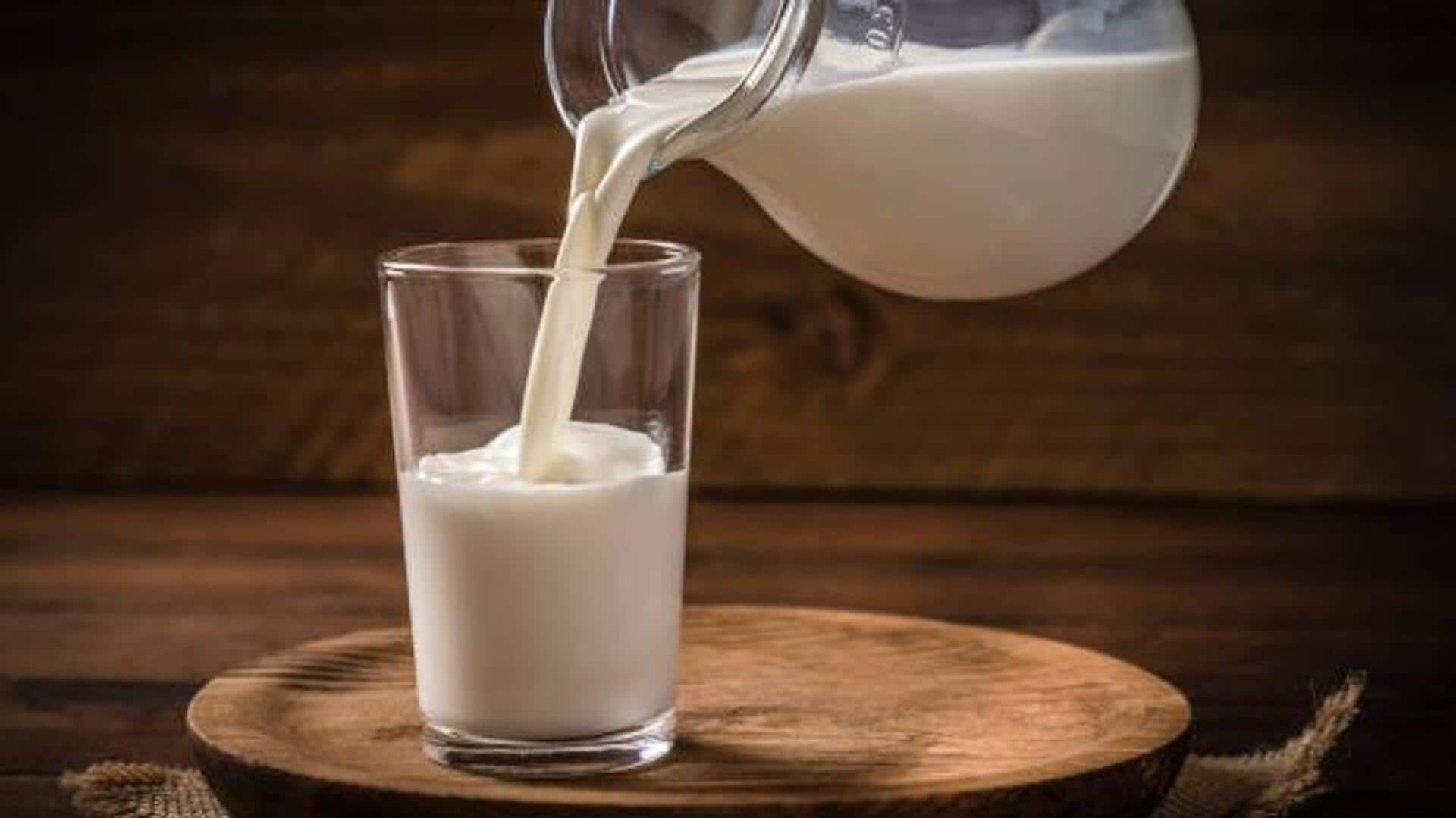
Does cold milk help you absorb more calcium?
What's the story
Milk is often touted as a rich source of calcium, which is essential to keep our bones and teeth strong. Most of us wonder if the temperature of milk impacts its calcium benefits. While some prefer cold milk, others love it warm. Let's find out if drinking cold milk specifically enhances calcium absorption or if the temperature even makes any difference at all.
Absorption
Calcium absorption basics
Calcium is absorbed in the small intestine, and its absorption can be affected by factors such as vitamin D levels and diet. The temperature of milk doesn't have much of an effect on how calcium gets absorbed in the body. Whether you drink it cold or warm, milk gives an equal amount of calcium to strengthen bones.
Nutrition
Nutritional content remains unchanged
The nutritional content of milk stays the same no matter whether you drink it cold or warm. It has essential nutrients such as protein, vitamins, and minerals that add to good health. The temperature you consume milk at doesn't change these nutritional elements or their benefits.
Preference
Personal preference matters
The choice between cold and warm milk usually boils down to personal preference, not nutritional need. Some people find cold milk more refreshing while others enjoy the comfort of warm milk before bed. Both options provide similar health benefits, so you could pick based on taste and comfort.
Digestion
Consider digestive comfort
For some individuals, the temperature of food and beverages can affect digestive comfort. Cold drinks may cause discomfort for those with sensitive stomachs or digestive issues. In such cases, opting for warm milk might be more soothing while still providing necessary nutrients like calcium without compromising digestive well-being.